1. What are your three biggest issues facing St. Paul in the coming years and what are your plans to address them?
Financial Sustainability
Residents are overburdened by rising property taxes. In the short term, I will review every city department and program to ensure effectiveness and efficiency. Many programs were added during the Covid funding surge; before absorbing them into the general budget, we must evaluate their impact. If they are effective, we should identify older, less effective programs to replace. In the long term, I will end giveaways of future tax revenues through excessive TIF and debt spending, and instead grow our tax base by expanding homeownership and positioning St. Paul as a hub for small businesses.
Public Safety
Safety in St. Paul is both a perception and a reality. I will expand rehabilitation and reintegration programs while also ensuring a visible, community-engaged police presence that builds trust and keeps neighborhoods safe.
Community Voice and Vitality
I will give residents a stronger voice by engaging the community early—preventing conflicts before they arise and shaping smarter, lasting solutions for St. Paul. I will also redirect the ½-cent sales tax into micro-grants that strengthen small businesses and empower local organizations to reinvest in our city’s future.
2. St. Paul residents currently face the highest effective tax rate in the state, one that has the potential to increase again significantly in 2026 with proposed county and city property tax increases and a school district levy on this year’s ballot. What are your plans to address the growing financial pressures on St. Paul’s residents while still providing the services expected of city government?
- Short-term: Halt unnecessary spending on projects that don’t serve core needs. Partner with nonprofits through Services in Lieu of Taxes (SILOTs) so they help cover critical services.
- Long-term: Expand homeownership to broaden our tax base and attract small businesses by cutting red tape and streamlining permitting. A stronger, broader tax base allows us to provide high-quality city services without overburdening current taxpayers.
- Lead by Example. We’ll urge the county and school board to do the same with sound analysis and smart coordination.
3. While perceptions of crime in St. Paul may not match reality, with crime rates, especially rates of violent crimes, continuing to fall, our city still has rates close to double that of the rest of the state. How do you plan to address public safety concerns, both those perceived and what is happening in reality, in the city?
Even though violent crime has declined, St. Paul’s rates remain high compared to the state, and fear still keeps people away from our neighborhoods and downtown. My strategy includes:
- Smart Crime Reduction: Use adaptive, data-driven policies that target hot spots and reduce petty offenses.
- Real Rehabilitation: Partner with state and county agencies, schools, faith groups, and nonprofits to provide real second chances.
- Visible community presence: Strengthen relationships between law enforcement and residents to rebuild trust and reduce fear.
4. Downtown St. Paul has long been struggling and, in the past few years, has faced multiple buildings being condemned and changing hands in foreclosure. What are your plans to stabilize downtown St. Paul in order to revitalize what is an important economic engine for St. Paul?
Improve safety—both real and perceived. We must engage a wide community to ensure not only effective law enforcement but also real rehabilitation opportunities, so people can successfully reintegrate into our broader community.
Attract more visitors with accessible parking. Offering a couple of hours of free parking in city-owned ramps will encourage more people to come downtown, shop, and enjoy events.
Support local businesses and vibrant neighborhoods. We will streamline the permitting process, provide tax credits, and explore reduced rents in key storefronts—making it easier for small businesses to thrive and for residents to enjoy more shopping and dining options close to home.
5. On August 27, tragedy struck Annunciation Catholic School in Minneapolis where two children were killed and 17 others were injured by a mass shooter. How do you view the City’s role in reducing gun violence and what measures can the City take to curb future mass shootings?
- Community-based prevention: Partner with schools, nonprofits, and neighborhood organizations to identify risks early and provide intervention.
- Data and coordination: Work with regional and federal partners to share information and target illegal gun trafficking.
- Public education and engagement: Promote safe storage practices and expand community programs that create safe spaces for youth.
Gun violence is a complex challenge, but St. Paul must play a proactive role in prevention and community resilience.
Visit communityreporter.org/2025election to find each candidate’s response to the full questionnaire, information on how and where to vote, what else is on the ballot and more.
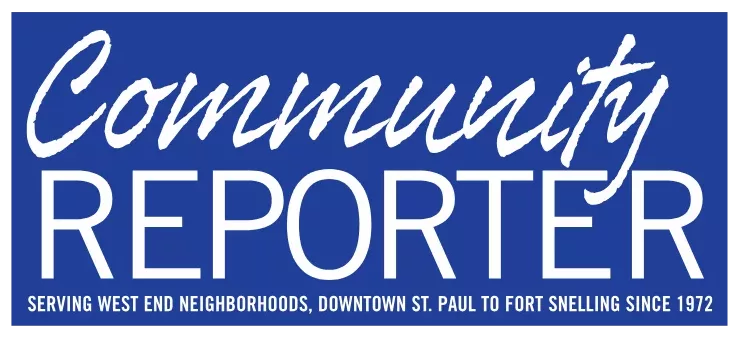
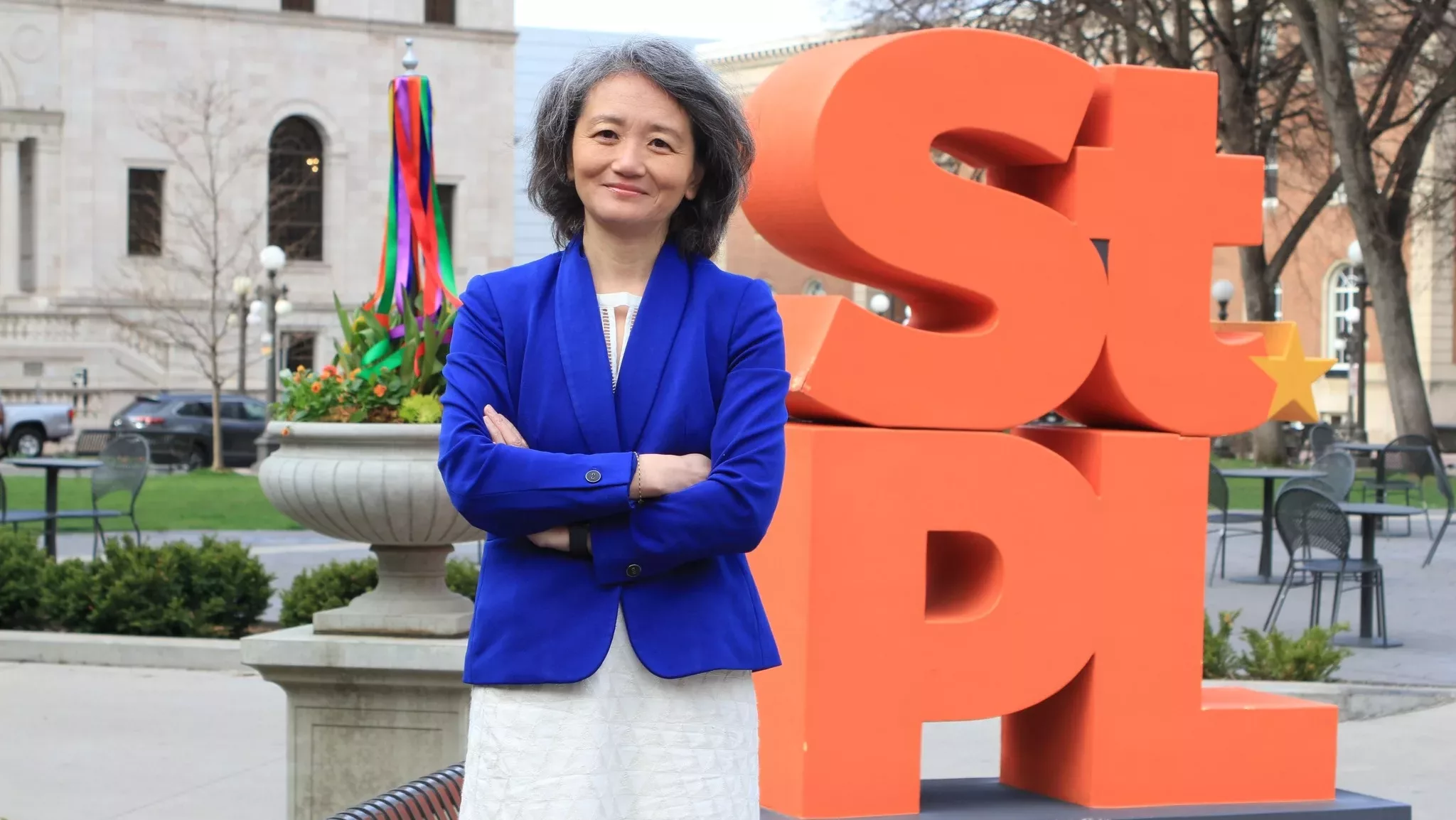


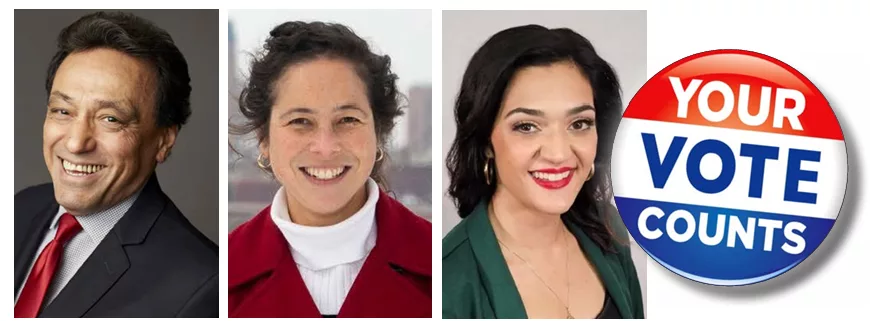
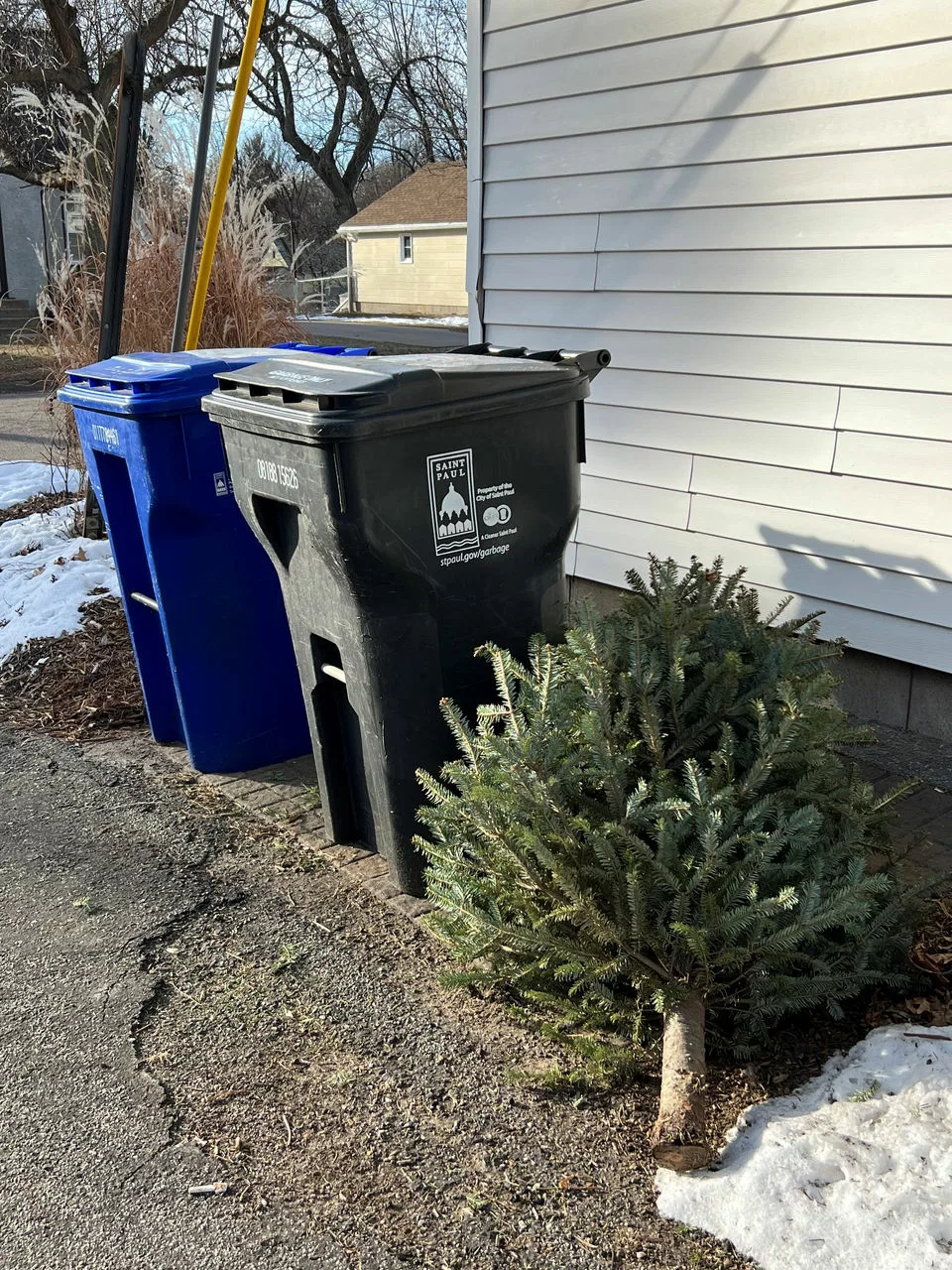
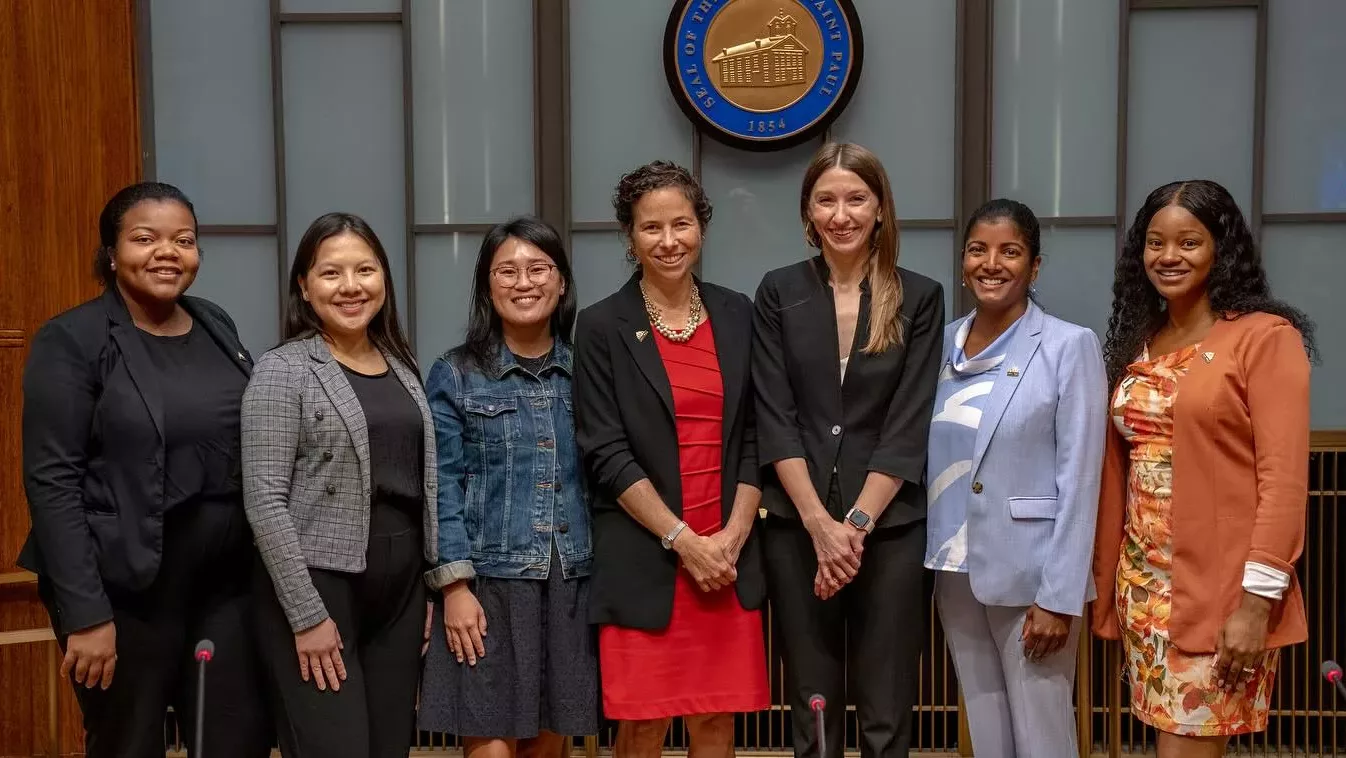
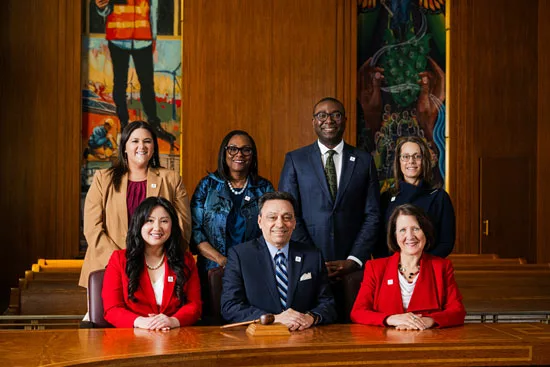
Leave a Reply